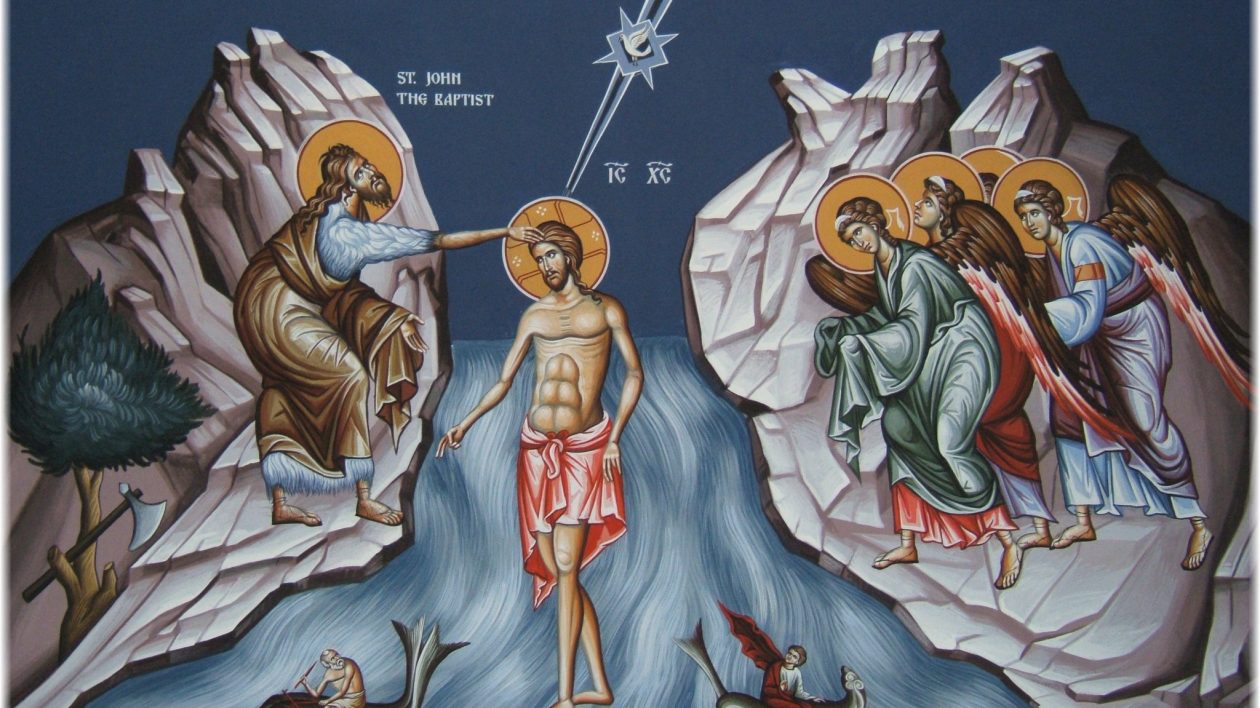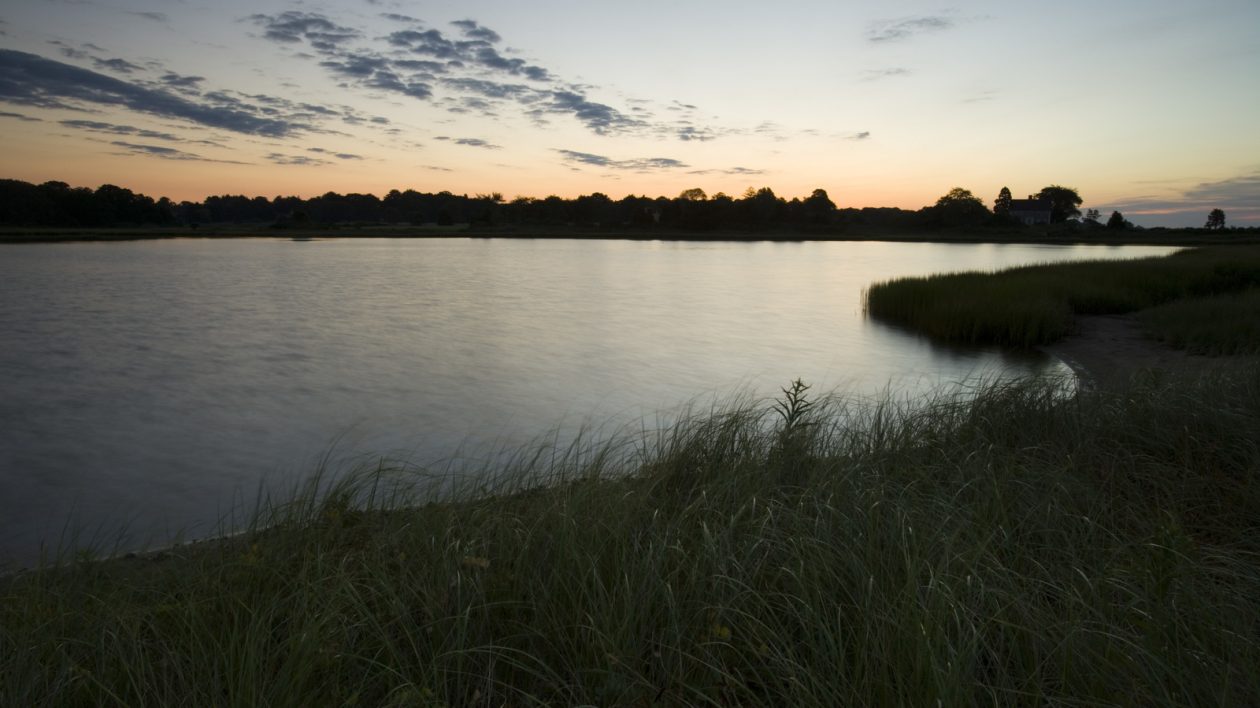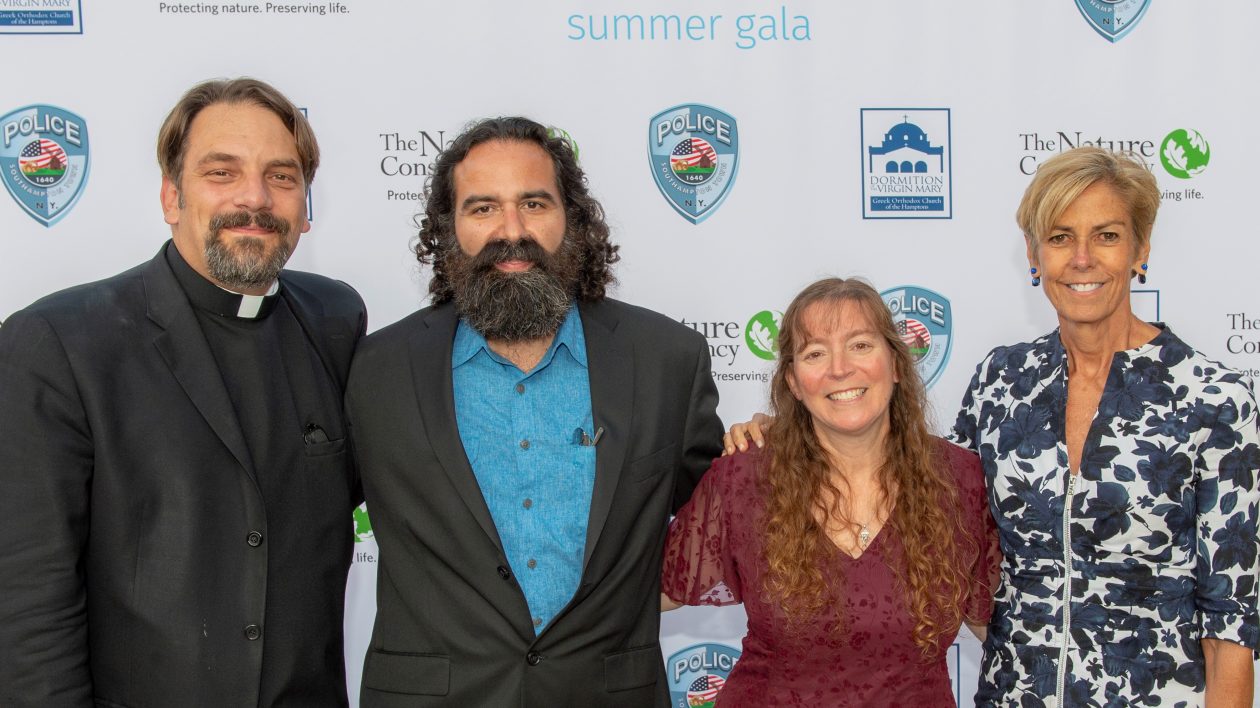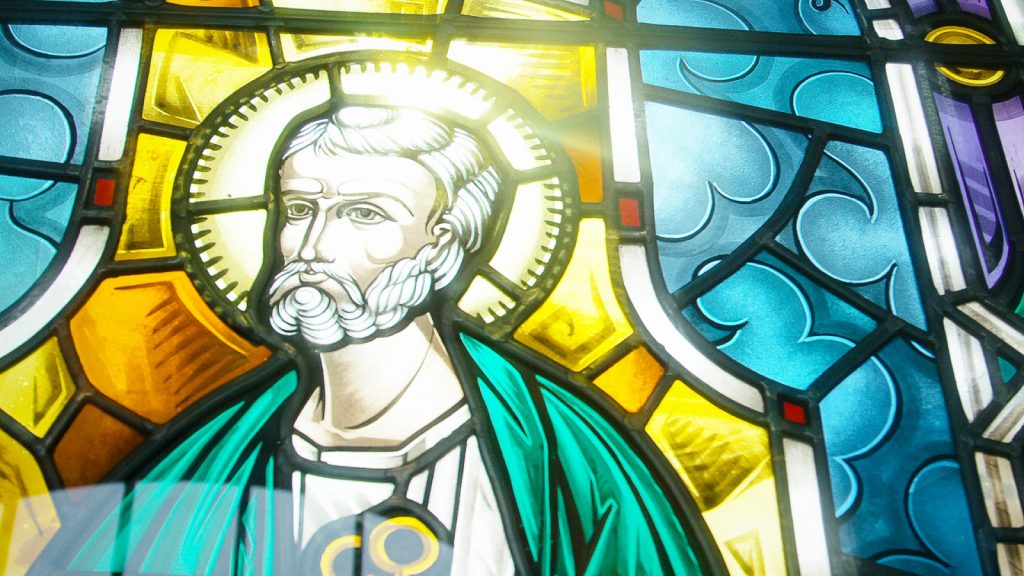Carl Lobue is the New York Oceans Program Director for The Nature Conservancy.
In 2011 a few of my colleagues at The Nature Conservancy in New York were investigating concentrations of methylmercury in a little bird called the salt marsh sparrow. Results indicated that mercury pollution was threatening this species already imperiled by loss of tidal marshes.
They also found elevated mercury concentrations in spiders as compared to amphipods, a classic example of toxin bio-magnification. The mercury builds-up in the fatty tissue of living organisms, inflicting increasing levels of harm on higher order species like predatory fish, fish-eating birds, and mammals.
About this time, conservative federal lawmakers were ramping up their attack on long-awaited EPA regulations designed to reduce the amount of mercury pollution coming from coal-burning power plants. My colleagues and I discussed whether the findings on salt marsh sparrows might influence the policy debate. Our science team could provide expert testimony, but were salt marsh birds really the best way to reach federal lawmakers?
I followed the congressional hearings on mercury pollution standards with great interest, and one testimony stood out because it had potential to sway conservative lawmakers and their constituents.
The testimony, entitled “A Christian Perspective on the Cost of Mercury Pollution on Human Health and Wellbeing” was presented by Mitchell Hescox, an Evangelical leader with support from the US Conference of Catholic Bishops. It weaved together Christian doctrine with facts on the socioeconomic and human health impacts of mercury pollution backed up by medical experts and the Centers for Disease Control. It was a faith-based argument, supported by scientific evidence, that sought the same policy outcomes my colleagues and I were pursuing.

The Nature Conservancy believes that factual evidence should underpin the direction of public policy. Yet we also recognize that scientific facts alone are not enough to influence meaningful policy or behavioral changes, so we often work with social scientists to hone our messages. When explaining the rationale for improved environmental policies I routinely include the extent to which parks, open spaces, and water quality affect real estate values; the storm protection value of salt marshes; or the potential revenue and jobs created by restoring depleted fisheries.
But ultimately, what drives me is not the hope of protecting coastal real estate values or increasing fishermen’s profits. Rather, it is my secular moral belief in right and wrong. I believe it is wrong to drive other species to extinction, to pollute waters that we know future generations of humans and wildlife will need, and to alter the climate in ways that will cause generations of suffering. As scientists, we have identified problems and solutions, yet it is clear we need a lot of help to get those solutions implemented.
I have come to appreciate that faith leaders and people of faith are an important component of the environmental conservation movement. Around the world leaders of many denominations are speaking up on environmental decline and the connections between the health of the planet and human well-being. However, organizations like The Nature Conservancy have not yet invested in developing/strengthening partnerships with communities of faith to anything close to their full potential.

Where to start? For me, a scientist without any strong religious affinity, engaging with faith leaders is easier said than done.
Although I was raised Catholic, for the past 30 years, my presence in church has primarily been for weddings and funerals. Then last fall, my work with the Long Island Chapter brought me into a conversation with leaders of the Greek Orthodox Church to discuss our chapter’s campaign to improve water quality.
To prepare for our first meeting, I read a biography on the Ecumenical Patriarch Bartholomew, Archbishop of Constantinople. With contributions by Jane Goodall, Al Gore, Joe Biden, and Pope Francis I was captivated.
I didn’t know much about Orthodox Christianity, let alone that the Ecumenical Patriarch Bartholomew, head of the Orthodox Christian Church, has for over 25 years been a steadfast global champion for environmental protection, drawing impactful moral arguments and uniting interfaith dialogs around issues such as deforestation, water quality degradation, and climate change.
At the meeting with Father Constantine Lazarakis, Father Alex Karloutsos and his wife Xanthi (Orthodox priests can marry and have families) the depth of our dialogue around water quality, as well as the profound uncertainty that exists in the world today compelled me to stay connected.

In the weeks that followed our meeting I shared with Father Constantine a short film series I helped produce. The series features a dozen Long Islanders’ personal perspectives on the importance of restoring and protecting water quality (including my own) and I wanted Father Constantine to consider contributing to a new one. Before I had the chance, he suggested that the churches’ Epiphany ceremony, celebrating the baptism of Christ, could make a great backdrop for another short film about water quality.
The production of our short film Holy Water started as the twelfth in the series of Long Island water stories. However, as it took shape, it has become something larger. Unlike the free-flowing interviews of the previous films, the narration is an abbreviated version of the Epiphany sermon that Father Constantine gave on January 6, 2018. We removed any reference to specific Long Island places to create a story that would resonate anyplace with rivers, lakes, or oceans.
Preliminary screenings at The Nature Conservancy have generated mixed reactions. Environmental conservation professionals are not the primary target audience. Yet Holy Water has been a catalyst for rich discussions about how “Nature Unites Us,” and about the kinds of global grassroots movements we ultimately need to “conserve the lands and waters on which all life depends.” It is the hope of all people involved in its production that the film be shared widely by both conservationists and by people of faith. That it may it inspire more dialogue, and partnerships that go beyond those we have historically been comfortable cultivating.
The Nature Conservancy has a long history of formal and informal relationships with corporations and governments. We develop these relationships in the pursuit of similar outcomes, even when we might not agree on all issues. Given how faith and deep-held religious beliefs influence opinions and decisions, and given that our message is a message of hope, I believe we must do more to work with faith leaders and collaborate with faith-based communities in solving local and global environmental problems.
Our relationship with the Greek Orthodox Church in Southampton, New York, is young but is continuing to grow. This past August, The Long Island Chapter was an honoree at the Church’s annual Blue Dream Gala, which resulted in a sizable donation to our water quality improvement efforts, and helped to build awareness of our work to new audiences. We are also in the early stages of collaboration on an interfaith symposium on water quality scheduled for May 2019, which I hope to memorialize in another short film. Working on this project has rejuvenated my faith in humanity and has introduced me to new friends that a year ago I would have never imagined.




In 2005 our church embarked on a new pretty much untrod road by churches when we established an ‘Earth Ministry’ committee. It made perfect sense to me that those that held sacred the words of the Bible couldn’t hear more clearly than others the directive from God to the Adam and Eve that they should be caretakers of the earth. But it wasn’t heard that way. The resistance to taking any kind of action against ‘global warming’ became muddled and angry. We did what we could to encourage people to lower their thermostats, watch for heat loss in the winter and use windows in the summer when possible, etc. But we knew we were losing the fight to take this powerful message into the people’s hearts and minds.
Just recently, I been encouraged that the great soul of the church might be stirring and hearing a new calling to address the terrible threat now facing us. Perhaps the faithful will listen to these voices for change on behalf of our precious planet and all that is holy and sacred.
To Carl Lo Bue:
1) As a fellow secular catholic I think your remarks above are well taken and shared by many beside myself. Perhaps they will influence some on the extreme religious right to rethink their political associations and come back to what the bible, in which they claim to have faith, really intends about “stewardship” of the earth.
2) Congratulations on receiving the 2019 SSER Stewardship Award. Much deserved, Carl. Nice going!
Joe Kayal,
Former Chair- Citizens Advisory Committee
SSER Council
What a great example of partnering with under appreciated or uncommon allies, despite differences in perspective on other issues. The comparison to partnering with corporations is a good one. Thanks for writing this!
IS there a link to see the film or a local LI showing?
It is about time. This is why I appreciate the Nature Conservancy, looking for the areas of common interest we all share. Christians in particular may differ in many respects in how their faith is expressed in their lives, but we all should agree that God created the world, and it was good, and we are to be its stewards. Couldn’t you also say that a way of stating what the Conservancy does is to improve our stewardship of our world?